On May 3, 1909, The Asheville Citizen informed readers that local religious organizations planned “to observe the second Sunday in this month as Mother’s day.”
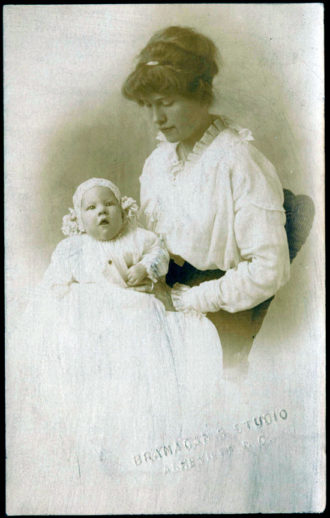

On May 3, 1909, The Asheville Citizen informed readers that local religious organizations planned “to observe the second Sunday in this month as Mother’s day.”
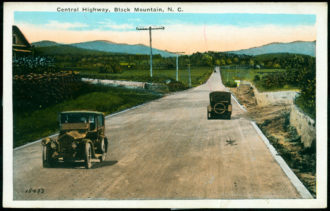
In 1919, construction began on the Asheville-Black Mountain Highway. Several setbacks, including a construction fire and a labor shortage, delayed the project’s eventual completion.
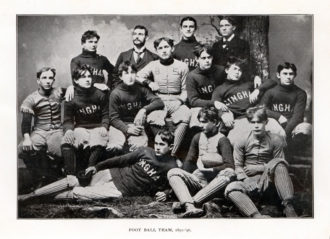
In 1891, local ambivalence marked the initial plans for Bingham Military School’s relocation to Asheville.
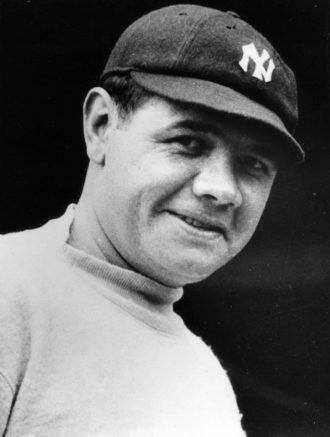
In 1925, Babe Ruth and the New York Yankees were scheduled to play an exhibition game in Asheville. A bellyache and subsequent collapse would put a stop to Ruth’s play that day.
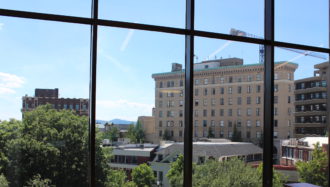
Asheville City Council will decide the fate of the historic Flatiron Building during the April 23 meeting.
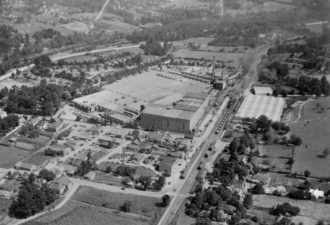
On Feb. 15, 1925, The Asheville Citizen proclaimed that Swannanoa had entered “the first stages of a boom.”

“Beacon was Swannanoa,” says Anne Chesky Smith, director of Swannanoa Valley Museum & History Center. “Everything that was in Swannanoa was entangled in Beacon,
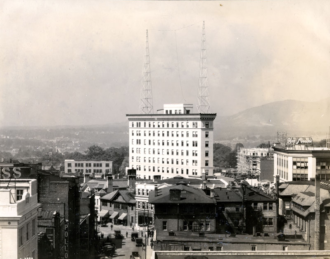
On Feb. 21, 1927, Asheville residents celebrated the arrival of the city’s first local radio station.
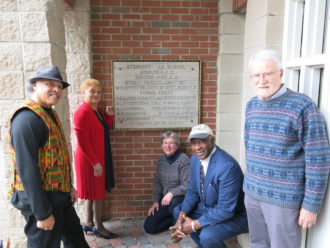
On Tuesday, April 9, from 6-8 p.m., local historians and Stephens-Lee alumni will present A Tribute to the Faculty of Stephens-Lee.
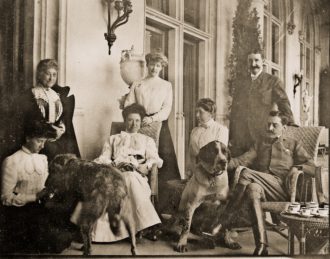
In December 1895, the Biltmore Estate opened with a holiday bash. For years to come, houseguests continued to visit and leave behind recollections of their stay.
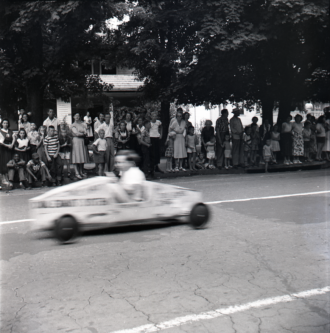
In summer 1948, a polio outbreak led to the closure of local theaters, churches and civic gatherings, including the third annual soap box derby.
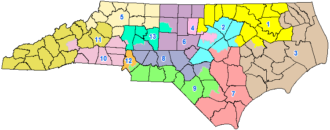
In conjunction with Buncombe County voters and members of Raleigh-based lobbying group Common Cause North Carolina, the mayor will discuss how gerrymandering splits Asheville voters and advocate for nonpartisan districting reform. The press conference takes place at Pack Square Park on Tuesday, March 26, at 10:30 a.m.
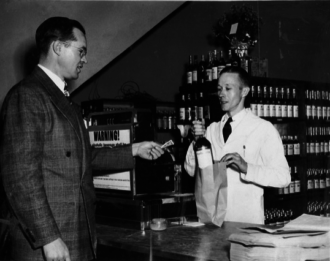
In 1939, Buncombe County residents participated in a special election concerning the legalization of liquor sales. Debate leading up to the vote was fiery and contentious.
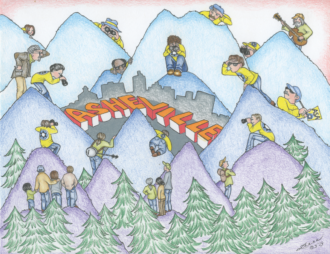
The 2019 Appalachian Studies Association conference returns to Asheville after 27 years. The annual gathering brings together an eclectic mix of scholars, educators, activists, students, groups and institutions to discuss and present on a wide range of topics related to life in the region.
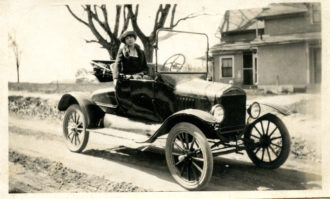
On Nov. 2, 1920, Lillian Exum Clement was voted into office as the first female member of the North Carolina House of Representatives. The Buncombe County native served one term.
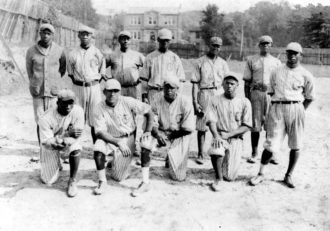
In 1916, E.W. Pearson formed the Asheville Royal Giants, the city’s first black baseball team.
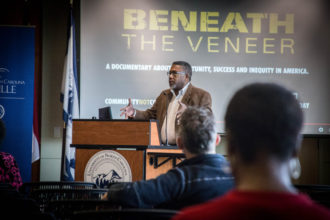
Against the backdrop of ongoing controversy surrounding the persistence of Confederate monuments in the Southeast, UNC Asheville history professor Darin Waters will deliver a presentation on Thursday, Feb. 28, about collective historical memory in the wake of the Civil War.
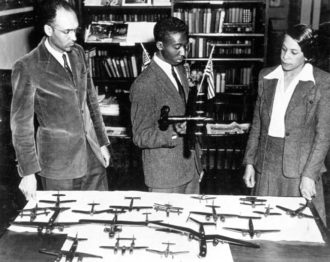
Asheville and Buncombe County high school students got actively involved in various war-time efforts upon America’s entry into World War II.

Valentine’s Day hasn’t always been exclusively about love. In the early part of the 20th century, many who participated would just as likely have sent vitriolic cards to their sworn foes.

“The bicycle craze is in full force and effect in Asheville right now,” declared the May 12, 1893, edition of the Asheville Daily Citizen.
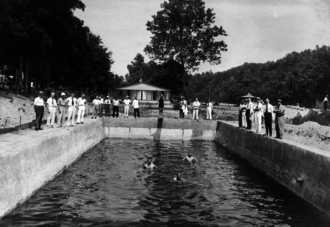
On Saturday, Feb. 2, the Rural Heritage Museum will open its latest exhibit, A Fountain of Youth in the Southern Highlands: A History of Hot Springs, North Carolina.